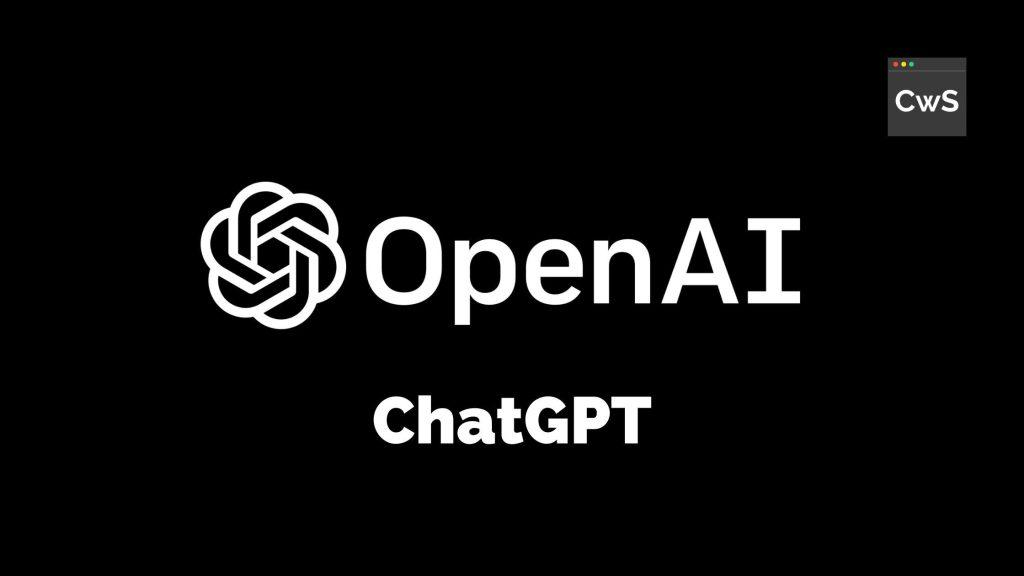Esteemed computer scientist Fei-Fei Li is spearheading a startup focused on employing human-like processing of visual data to advance artificial intelligence (AI) reasoning capabilities, as confirmed by six sources to Reuters, marking a significant stride in AI technology.
Li, recognized as a trailblazer in the AI realm, secured funding for the venture through a recent seed funding round. Among the investors are Silicon Valley venture powerhouse Andreessen Horowitz, as indicated by three sources, and Radical Ventures, a Canadian firm where she assumed the role of scientific partner last year, according to two other sources.
Representatives for Andreessen Horowitz and Radical Ventures declined to comment, while Li did not respond to requests for statements.
Known widely as the “godmother of AI,” Li’s title draws parallels to the “godfathers” designation often attributed to a trio of researchers honored with the Turing Award in 2018 for their pivotal contributions to AI technology.
Detailing the startup’s mission, one source referenced Li’s recent TED talk in Vancouver, where she outlined cutting-edge research involving algorithms capable of extrapolating images and text into three-dimensional environments, leveraging a concept termed “spatial intelligence.”
To illustrate, she presented an image of a cat pushing a glass towards the edge of a table with its paw. She highlighted the human brain’s ability to rapidly assess the spatial dynamics and anticipate outcomes, emphasizing the significance of “spatial intelligence” in nature.
In her lab at Stanford University, Li endeavors to train computers on “how to operate in the 3D world,” employing techniques such as leveraging large language models to guide robotic arms in tasks like door-opening and sandwich-making in response to verbal commands.
Co-directing Stanford’s Human-Centered AI Institute, Li is dedicated to AI advancement in ways that enhance human well-being. In addition to her academic pursuits, she led AI efforts at Google Cloud from 2017 to 2018, served on Twitter’s board of directors, and advised policymakers, including engagements at the White House.
Some researchers advocate for refining existing models, while others propose the development of novel “world models” capable of ingesting and interpreting visual data from the physical environment, mirroring the learning processes observed in infants.














